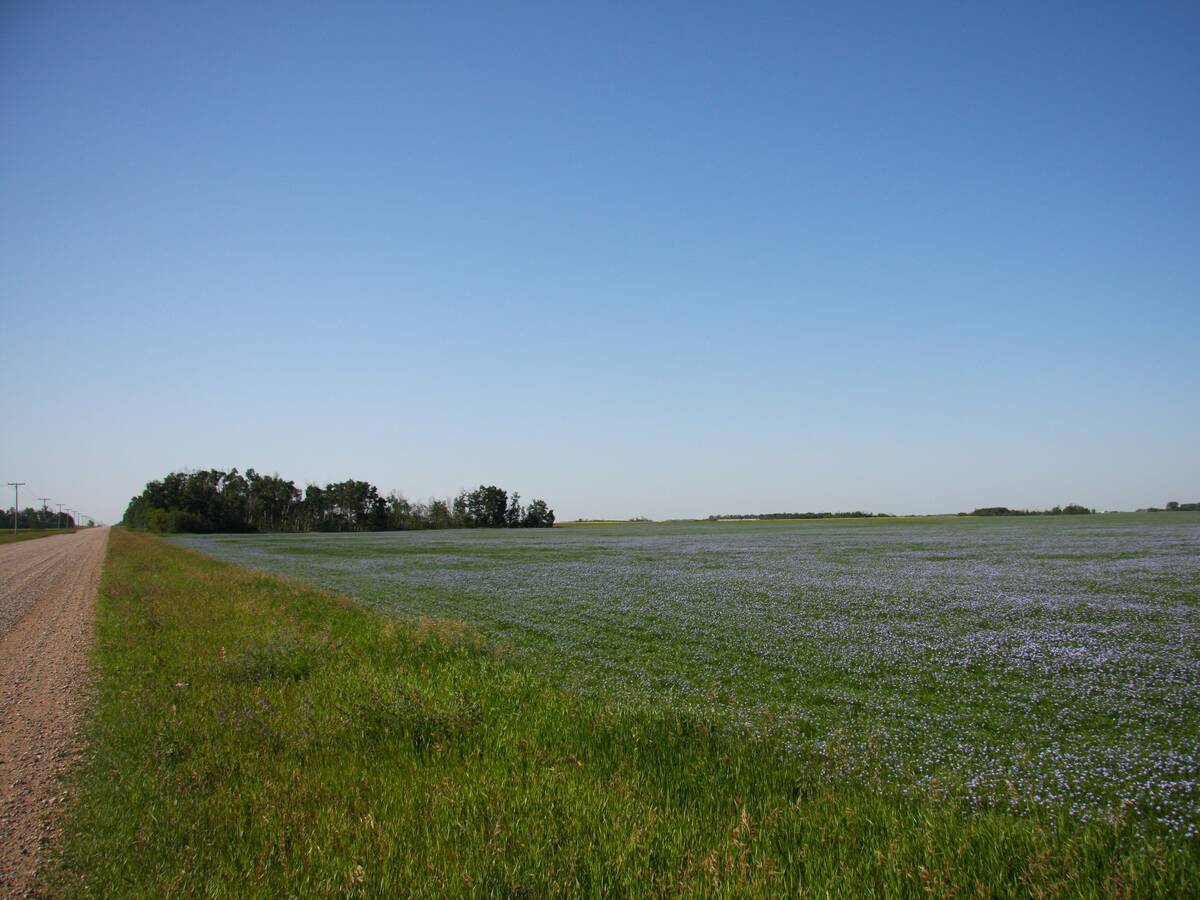It takes a special skill to sweet-talk the fierce tow truck operators who circle Winnipeg’s downtown core in search of prey.
John Weekes found his car hoisted up and ready to go on one of these parking sharks last Friday afternoon. Somehow, he got his car down.
Weekes chalked it up to luck, explaining his airplane tickets, briefcase and baggage were in the car.
But Weekes, Canada’s ambassador to the World Trade Organization, probably had a bit more than luck on his side. He has spent more than 25 years arguing Canada’s positions in international trade discussions.
Read Also

Farmland advisory committee created in Saskatchewan
The Saskatchewan government has created the Farm Land Ownership Advisory Committee to address farmer concerns and gain feedback about the issues.
He’s the kind of fellow who can quite agreeably avoid answering a question without seeming to do so, a master of obfuscating while not frustrating.
But at the end of a week of meetings with industry and government in Toronto, Edmonton and Winnipeg, after eating airport hamburgers two nights in a row, John Weekes is tired.
He’s got another week in his tour of duty across Canada, visiting people and reporters in Ottawa, Montreal and Fredricton before heading home to Geneva, Switzerland.
It’s part of a program created by foreign affairs minister Lloyd Axworthy, where Canada’s ambassadors return home and talk to the masses about what they do abroad.
So, at the tail end of a long week, with many more similar sessions in sight, Weekes delivers the half-hour goodwill message he’s got down pat, as an aide nods intermittently, plays with his watch, and drums his fingers on the table.
Weekes’ mission is designed to spread the word about the work ahead in the WTO, and the changing nature of the trade agenda.
And he’s trying to encourage the agricultural industry to do its homework between now and the end of next year, when the WTO will start its next round of trade talks, covering agriculture and services.
“We need to remember that these opportunities to make a major change in the international trade regime, … to make a major change in other countries’ laws and regulations, doesn’t occur all that often,” said Weekes.
The last round of world trade negotiations, the Uruguay round of the General Agreement on Tariffs and Trade, started in 1986 and wrapped up in 1993.
This round of negotiations will be about continuing the reforms started in the Uruguay round, explained Weekes.
Countries will work on liberalizing trade, talking down high tariffs, lowering domestic support levels, and getting rid of export subsidies.
Canada’s position will be determined by the minister and his government, who will consult with farmers, industry and provincial governments.
“It’s generally acknowledged, of course, that we will have some work to do in terms of developing a position that takes account of the interests of all parts of the industry,” said Weekes.
These are his admitted “code words” for talking about the issues of supply management, that see Canadian dairy and poultry products protected by “really very high” tariffs.
Differing agendas
“Of course, the other sectors of the industry have a very export-oriented agenda, and are looking at how to get maximum reduction in foreign tariff to allow more Canadian exports to compete effectively in foreign markets,” noted Weekes.
Canada isn’t the only one to protect some agricultural products while pushing for other countries to stop protecting other products.
“For instance, in the Cairns group of medium-sized agricultural exporting countries, a lot of the other countries have some schizophrenic tendencies as well,” said Weekes.
But Canada is the largest country in the group, making our policies more noticeable, he said.
The diverse players in Canada’s agricultural industry should listen to each other’s perspectives on world trade now, because it will take time, energy and thought to develop a good negotiating position, said Weekes.
“I think on the supply management side too … there’s a recognition in most parts of the industry that part of the new negotiation has to be about reducing tariffs, and there will have to be liberalization of trade, and that applies to them as it does to other people,” he said.
“The debate will be about how far that process should go.”














